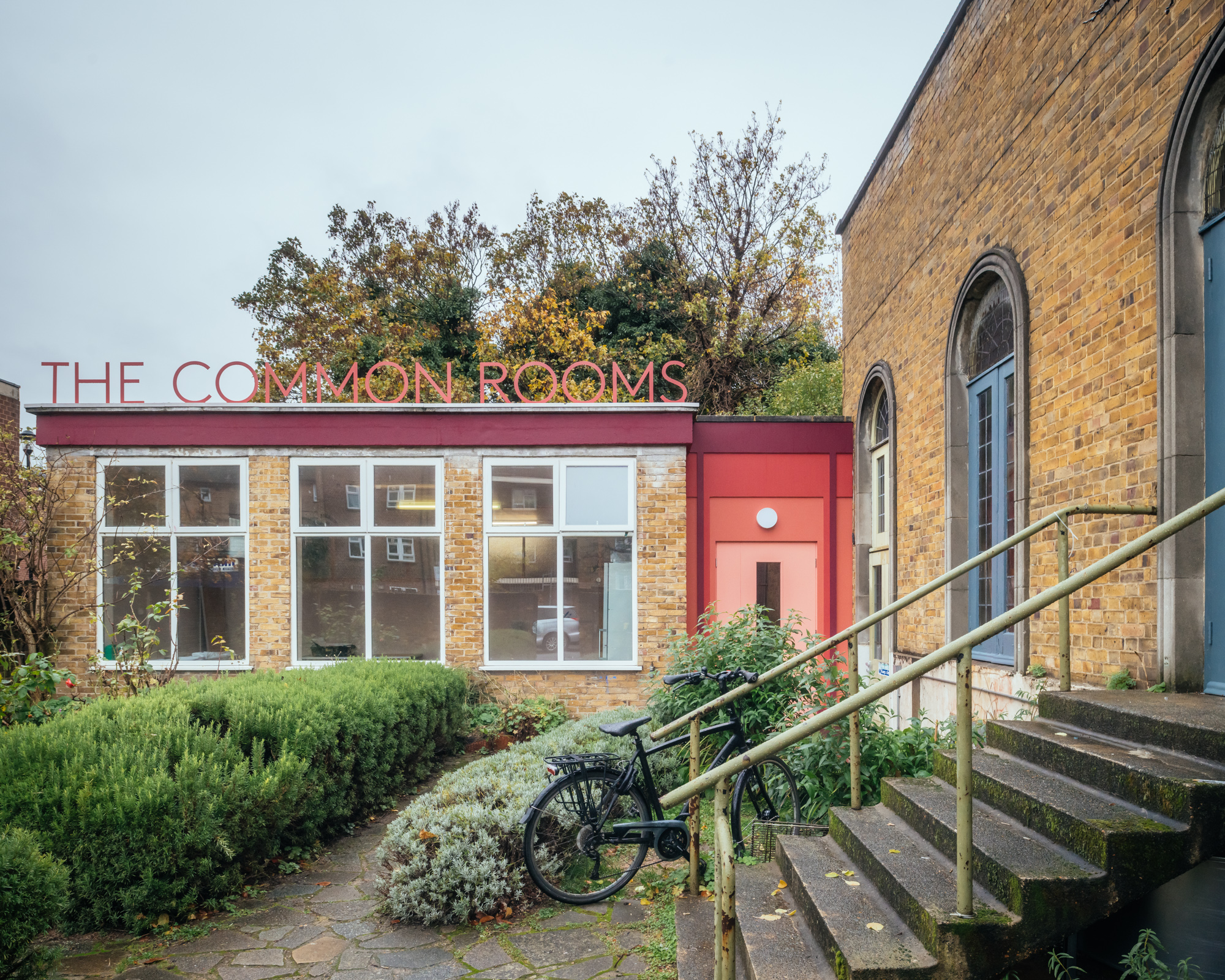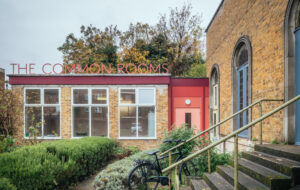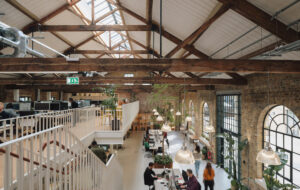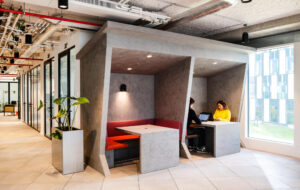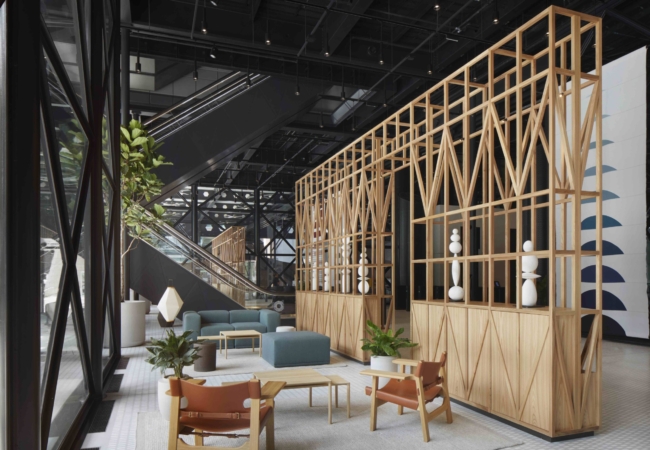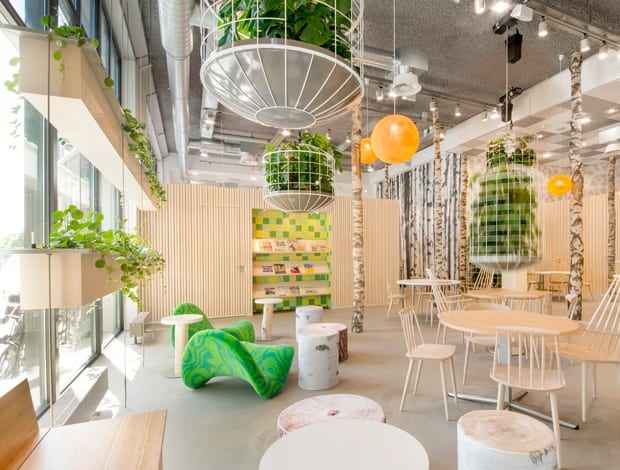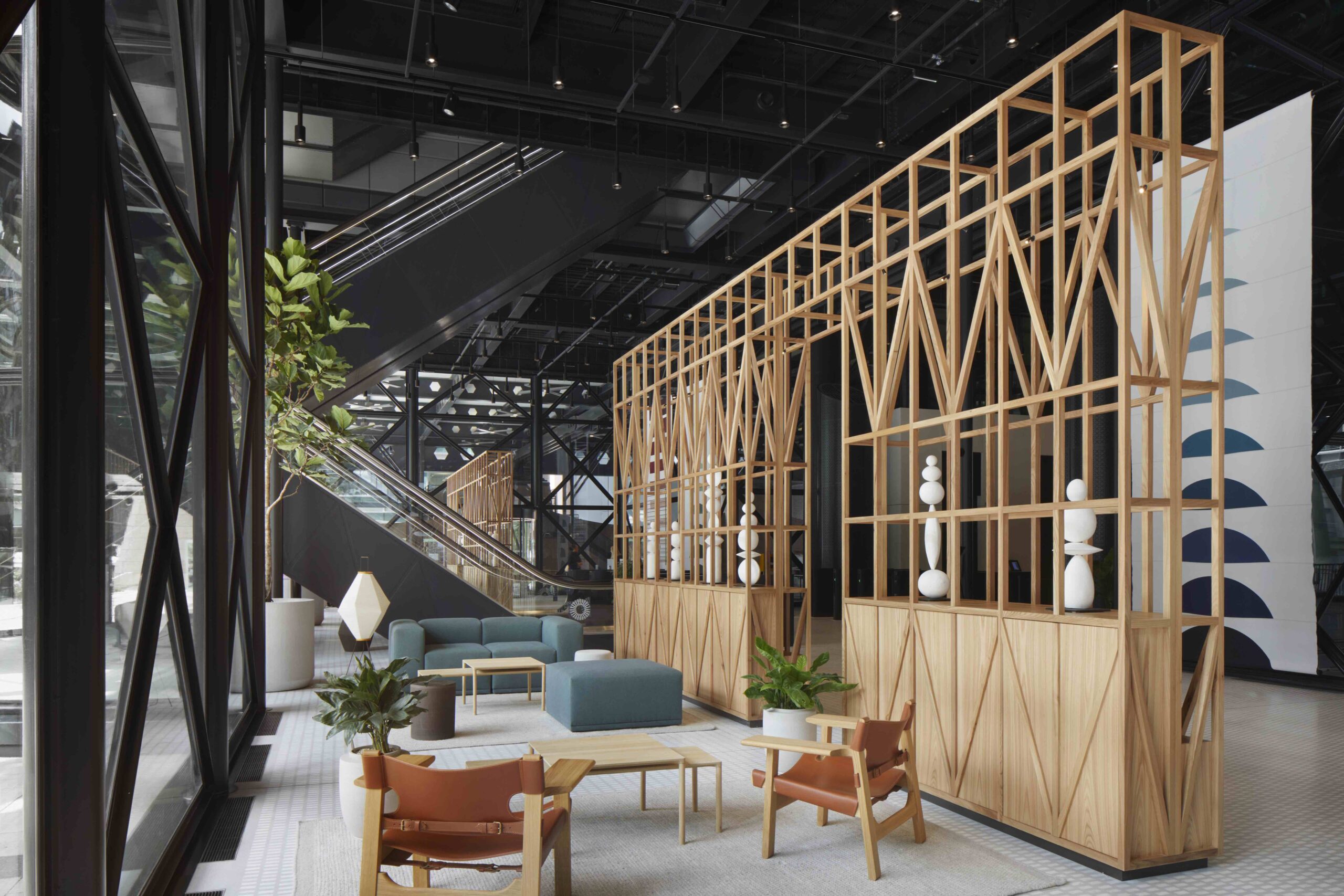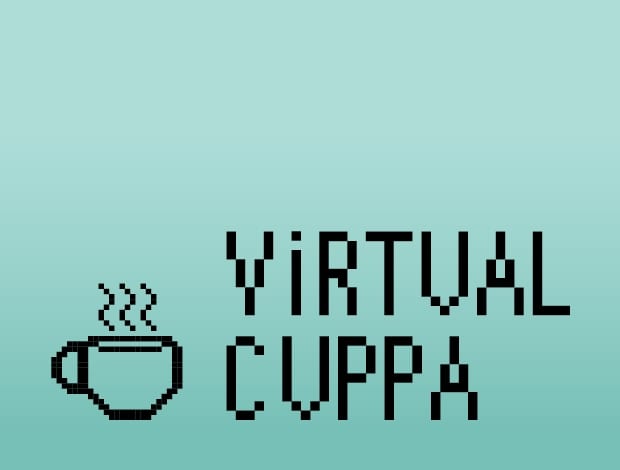 ||
||
Andy Swann is the founder of My Amazing Team, which bills itself as “somewhere between a creative agency and a management consultancy”. This month Neil Usher talks to him about the concept of “unleashing work” – removing the physical, cultural and corporate constraints that might be holding us back – and how that might be applied to the many, not just the lucky few
Hi Andy
Hi Neil
NU From your All About People conference (which of course I am sure many onoffice readers heard about, and would love to attend in the future) one idea jumps out that I would like to know more about – the notion of “unleashing work”. Many of those reading this will be involved in creating great workplaces, but I think your idea goes beyond this, into how we can be in a productive place to work, rather than a workplace specifically. Now I definitely always get my best ideas when I am as far away from a pad and pen as possible – the further away, the better the idea – but what does unleashing work really mean?
AS Thanks for the plug! I’ve become fascinated with the increasing opportunities offered by technology and connectivity to reassess the way we work. Where, how and with whom are all now up for questioning in a way they’ve never been before. Concepts like co-working, the ‘Hollywood’ model [where talented free agents work anywhere in the world], flexible hours, the way we communicate and the simple fact that it’s possible to completely redefine the traditional boundaries about what work looks like and how it is managed are driving possibilities to unleash work. While not all roles offer opportunities to do this, with some creative thinking there’s an almost universal opportunity to work in more responsive, productive and – dare I say it – enjoyable ways
NU The idea of working where, when and how we choose has been out there for a while – and underpins the notion of working flexibly – but what’s the “unleashing” all about? That might be a new term and new idea. It almost implies that somehow we are constrained. Are we bound by our environment, by ourselves, by culture, by convention? What’s holding us back?
AS All of the above! The convergence of developments that allow us to question and deconstruct where we work, how we work, who we work with and what ‘work’ itself actually means, is putting us in a position to completely redefine work and unleash it from the prevailing constraints of rule, governance and control. We’re witnessing the rise of people-focused, responsive organisations, where freedom within parameters will override management by restriction, allowing us to individually and collectively unleash work in our own ways.
NU Yet this all seems to work on two levels. Firstly, those in a position to control their own activities (and to a great extent, destiny) and those in roles where process, compliance, repetition and structure are the norm. The former are in the minority yet drive the greater profile, the latter the vast majority unable to unleash anything much. How does this become universal?
AS Therein lies the (not unsubstantial) challenge! The parameters surrounding freedoms are undoubtedly tighter where production lines need to run, or wards need to be staffed, but that doesn’t mean work cannot be unleashed to some varying degree. Creativity and individuality will be the key drivers to this and we’re already seeing themes like these emerging as organisational culture, employee engagement and working environment rise up the agenda as drivers of performance. What we’re looking at is the antidote to the outmoded traditions of Taylorism, whereby work attempts to make generic machines out of individual humans. As organisations come to be more people-focused, they can behave more like people – emotional, individual, responsive, creative. As such, the problem of how to unleash work will be tackled individually in a way that fits each organisation’s ‘personality’.
NU Playing with this idea a moment, if organisations behave more like people, are they also liable to become unpredictable, unreliable, fickle – all of the things that while in places enable creativity also counter it, and create the sorts of inefficiencies that will render the organisation inoperable (or bust). How do we balance the need to unleash the potential in people, and hence work, but not swing the pendulum right across the ravine and get stuck on the other side?
AS Truly people-focused organisations will need to converge the ways they find, keep and engage their people, specifically in line with their organisational values and culture. The right people in the right organisation operating with freedom within parameters creates trust and responsibility. If their work is to be unleashed from location and control, these will be necessary themes. A by-product of cultivating them effectively will be the maintenance of efficiency, productivity and standards – if not improvements in all of the above.
NU A mountain to climb?
AS It will take careful planning, hard work and commitment; this isn’t something that’s just going to happen!





